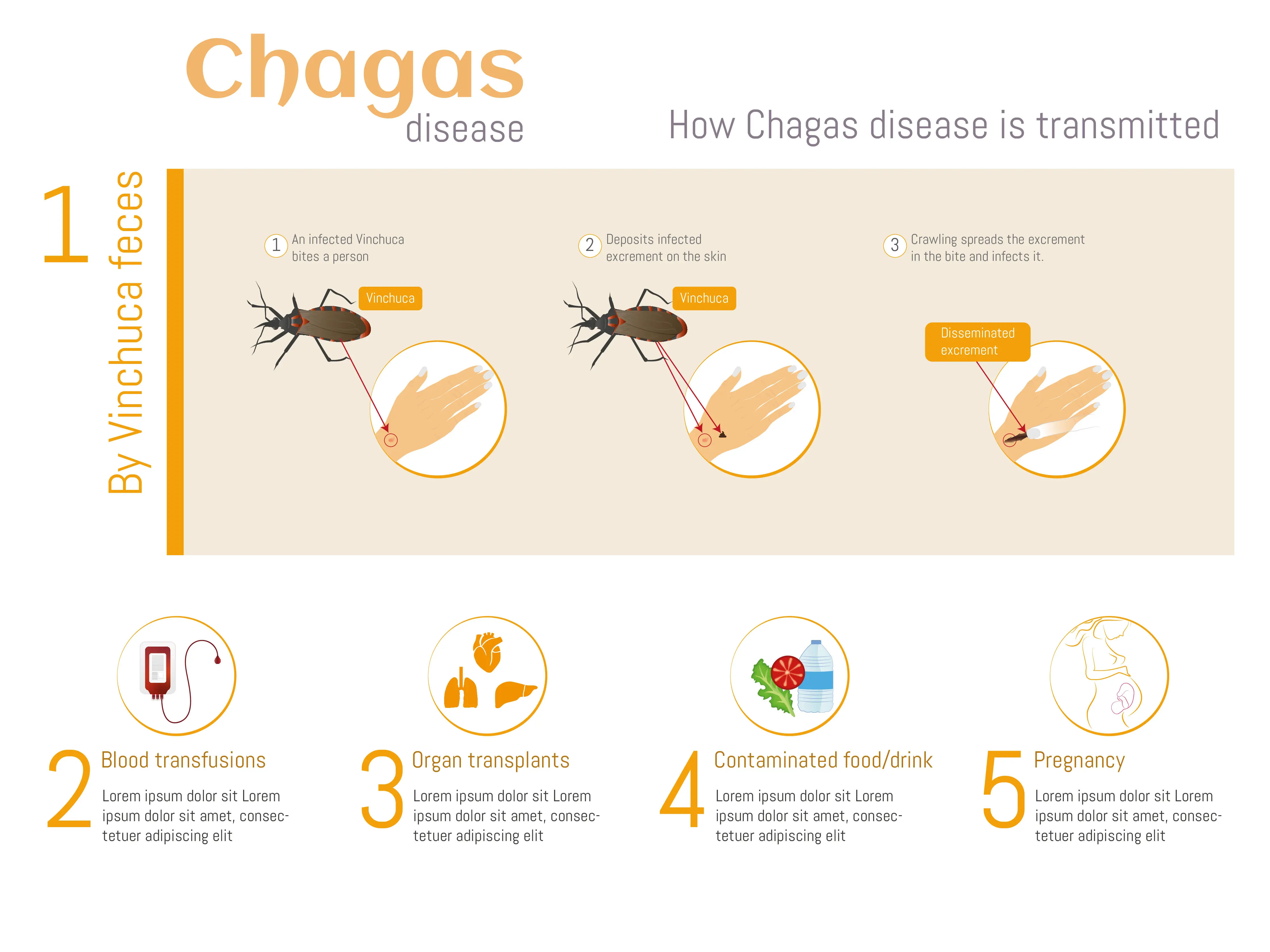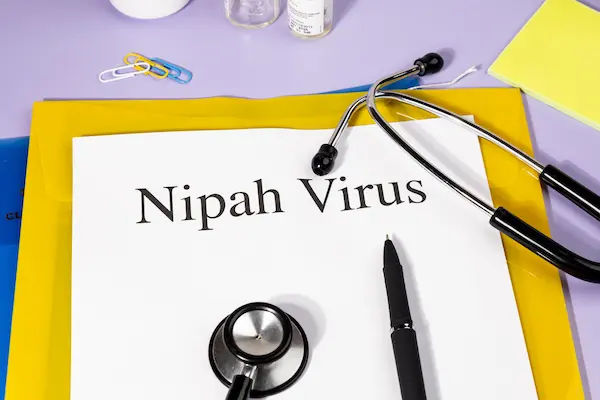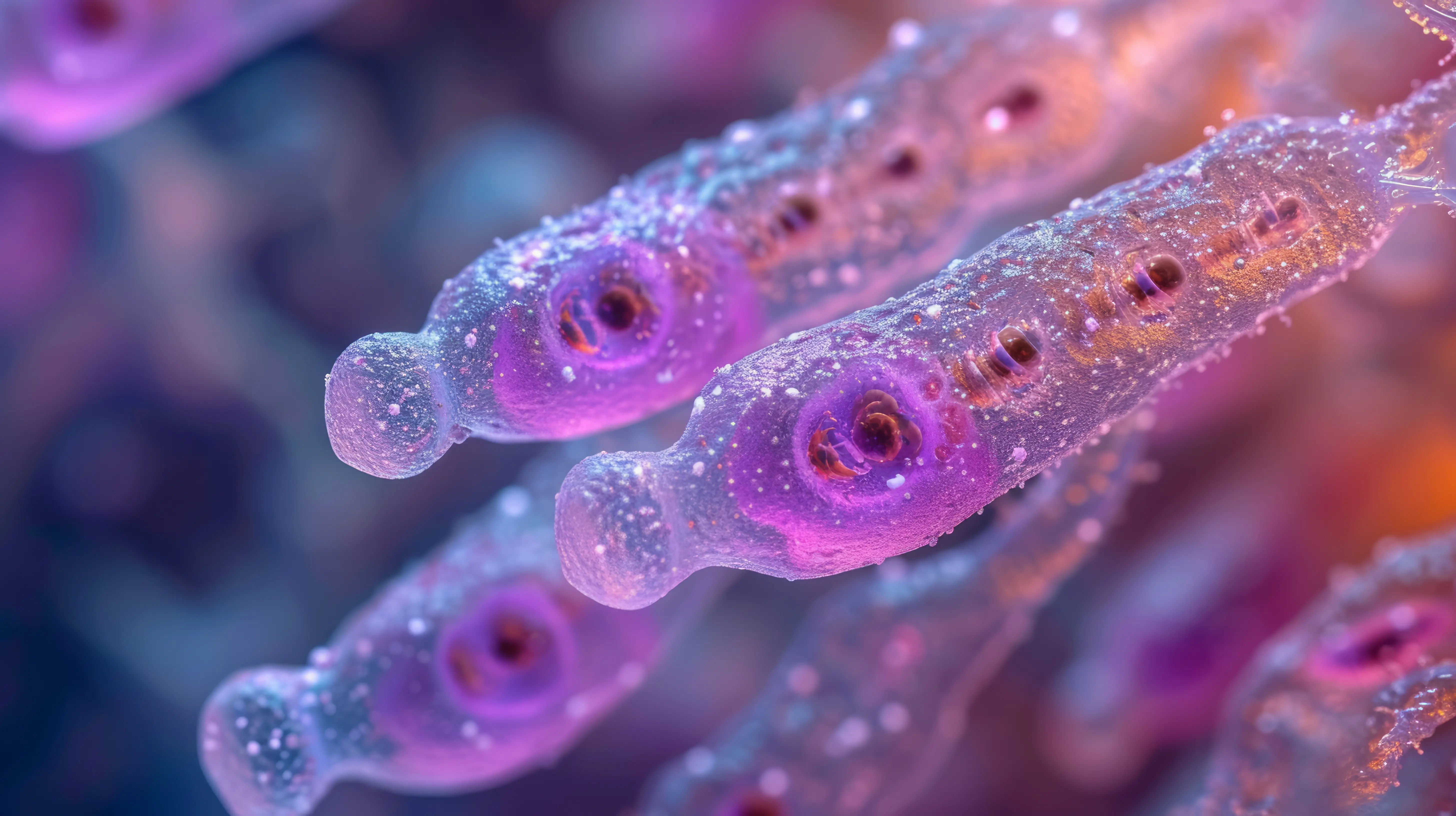- Male
- 31 Years
- 22/01/2025
Hey, I've got a question about the P24 antigen antibody test. If I take it a month after possible exposure, will the results be conclusive for HIV, or should I consider getting another type of test too? I'm anxious to know how accurate it really is at that point.
Answered by 1 Apollo Doctors
The P24 antigen-antibody duo test is highly accurate when done after one month of potential exposure, as it detects both the HIV virus and antibodies. However, for a conclusive result, it's recommended to confirm with a follow-up test, such as the HIV RNA PCR test or another antibody test, at 3 months post-exposure.
Dr. Shubham Suggests...
Consult a Infectious Disease specialist
Answered 04/07/2025
0
0


Ask Apollo
AI powered Health Chatbot
-
Understanding the P24 Antigen Antibody Test
- The P24 antigen antibody test detects HIV antigens and antibodies, indicating early infection.
- It differs from other tests by identifying the virus sooner than antibody-only tests.
-
Timing and Accuracy of the Test at One Month Post-Exposure
- The P24 test is typically accurate from 2-4 weeks post-exposure.
- At one month, it is generally reliable, but not definitive for all cases.
-
Recommendations for Additional Testing
- Follow-up testing is advised to confirm results.
- Consider a nucleic acid test (NAT) or a fourth-generation test for comprehensive results.
-
Consulting Healthcare Professionals
- Discuss results and timing with a healthcare provider for personalized advice.
- They can guide you on next steps based on your risk factors and test outcomes.
-
Emotional Support and Confidentiality
- Seek support and maintain confidentiality during testing and follow-up.
- Professional guidance can provide reassurance and clarity.
Recommended next steps
Consult a Infectious Disease specialist or Consult a Sexologist
Answered 20/08/2025
0
0
More Infectious Disease Health Queries
View allCan I still go to the gym while I'm getting anti-rabies treatment? A dog bit me, and I've finished 2 days of the vaccine, with 2 more to go. Is it okay to continue my workouts and take whey protein during this time? Would love your advice.
Visit your Physician for appropriate management
Answered by 1 Apollo Doctors
I've got a question about my recent HIV test. I took an HIV 1 RNA PCR Quantitative test about six weeks after potential exposure, and the result was "target not detected." Is this result completely conclusive, or should I think about getting tested again later? I'm a little worried and want to be sure everything's okay.
Visit Physician for evaluation and appropriate management
Answered by 1 Apollo Doctors
I'm dealing with malaria and the vomiting sensation is really tough to manage. Even though I'm on the prescribed medication, it's not helping much with the nausea. What can I do about this?
kk u use
Answered by 1 Apollo Doctors
Disclaimer: Answers on Apollo 247 are not intended to replace your doctor advice. Always seek help of a professional doctor in case of an medical emergency or ailment.





